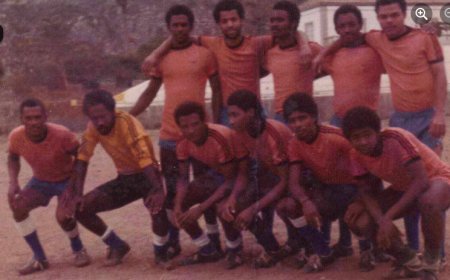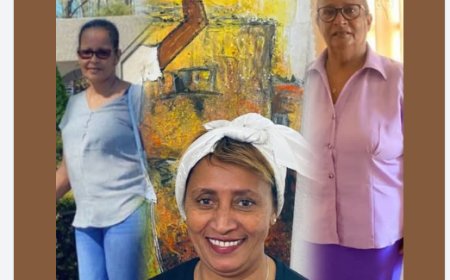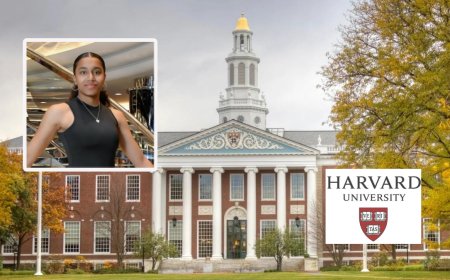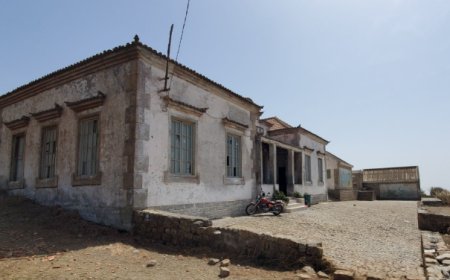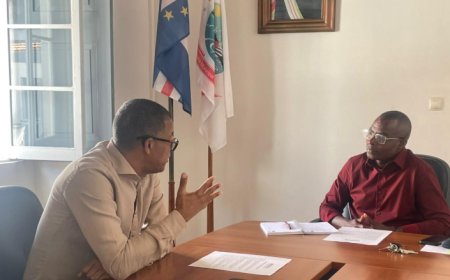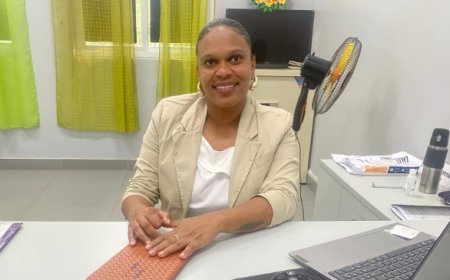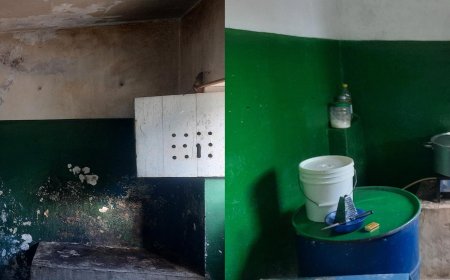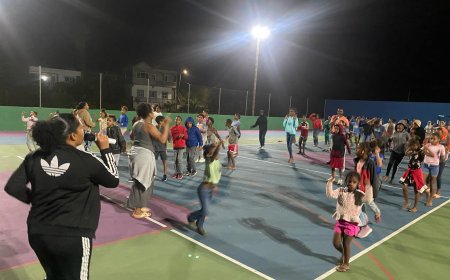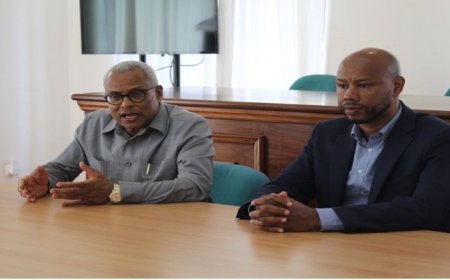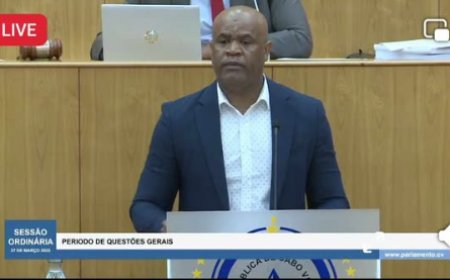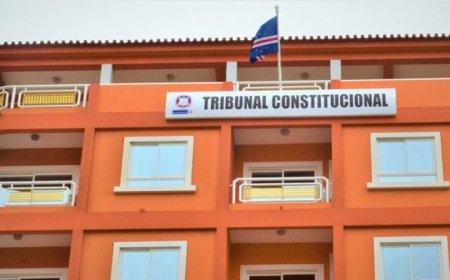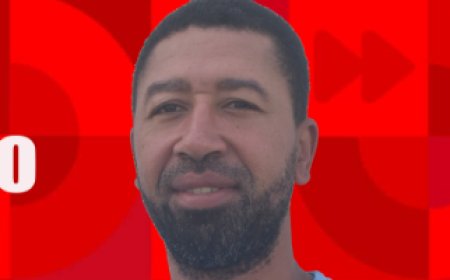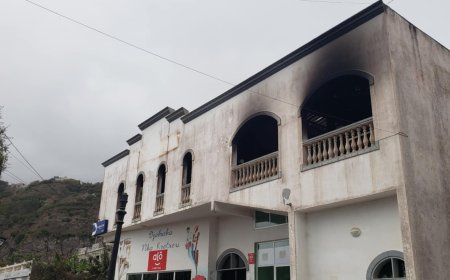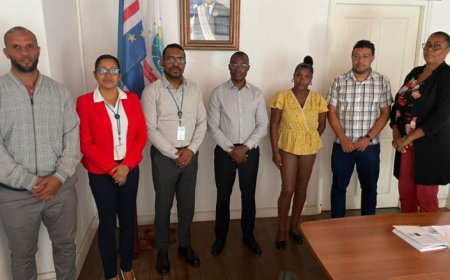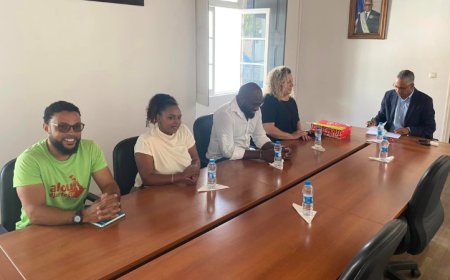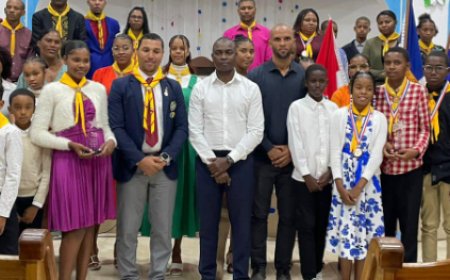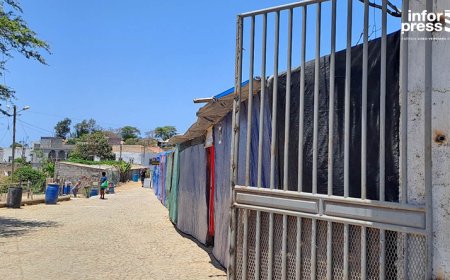Brava: Biflores works first in planning to ensure the longevity of the species – Director
The director of Biflores announced today that before implementing the reforestation projects, the association is working on planning to ensure the longevity of the plants and decide the best place to fix the seedlings.
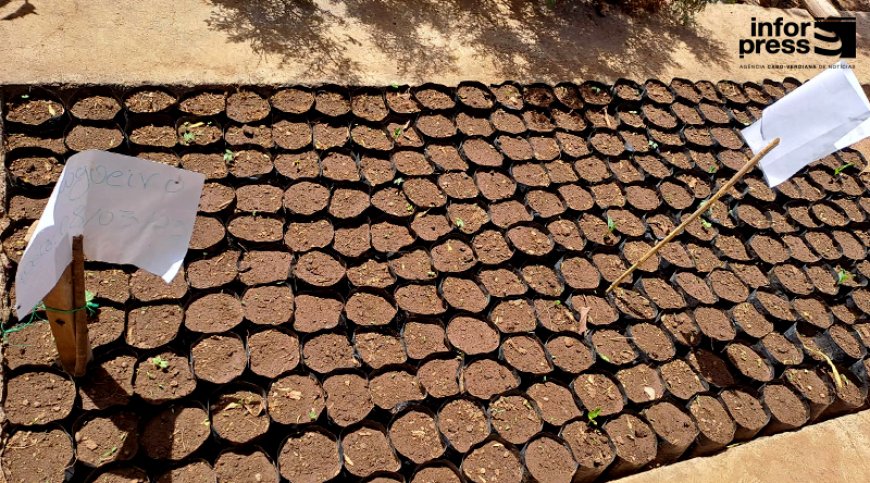
The director of Biflores announced today that before implementing the reforestation projects, the association is working on planning to ensure the longevity of the plants and decide the best place to fix the seedlings.
Dheeraj Jayant spoke to the press about the reforestation projects financed by the Fondation Frankilinia, which aim to protect three endemic species of Brava, namely, dragon, marmulano and date palm, and the project financed by the Critical Ecosystems Partnership Fund, which aims to increase knowledge about endemic plants in Ribeira de Fajã d´Água.
According to the same source, Biflores is an association for the conservation of biodiversity and the objective is to better understand Brave's biodiversity, but also to deal with the main threats that are free grazing and climate change.
In this sense, they are developing some projects in partnership with the Ministry of Agriculture and Environment, the Municipality of Brava, Fauna and Flora International and international funders, in order to achieve the desired results.
For the reforestation process, he informed that Biflores has three nurseries, one in Nova Sintra, another in Campo Baixo and one in Travessa, on the Fajã d´Água riverside, where the mission is to “study and understand” where they should set these plants, which species they are and draw up a grazing plan so that Biflores' activities are sustainable.
For these studies, it showed that, in addition to the existing partnerships, they are looking for others with the University of Lisbon and the University of the Azores to improve planning in the area of reforestation.
Hence, he justified why they had not yet selected the areas for this action, because, according to him, it is necessary to plan in order to be sustainable, since Brava, he said, faces the problem of water scarcity, but also indicated the need for a plan to care for the plants.
Throughout this process, Dheeraj Jayant showed that they are trying to have an ecological and long-term vision, thus demonstrating the importance of studying before taking action.
On the issue of water, this official informed that there is a project financed by the French organization Small Islands Organization (SMILO), in about 2500 contos, with which they will implement a project to capture water from fog, for the consumption of cattle, agriculture and even for watering the plants that will be reforested.
With a project, which will also be implemented with local partners, namely the MAA, the city council, and the sustainable Brava Foundation, they intend to build large networks with adaptable material to capture this water, thinking of implementing it in high areas such as Fontaínhas and Campo das Fontes .
For the materialization of this program, he informed that they will work with the National Institute of Meteorology and Geophysics to indicate the best locations for this process.
In addition, Dheeraj Jayant informed that there is a desire to implement, together with the fog water collection project, an agroecology and agroforestry project with drip irrigation as a more efficient way of using the water to be collected.
In addition to local institutions and organizations, Biflores has Fauna and Flora International as a partner.








